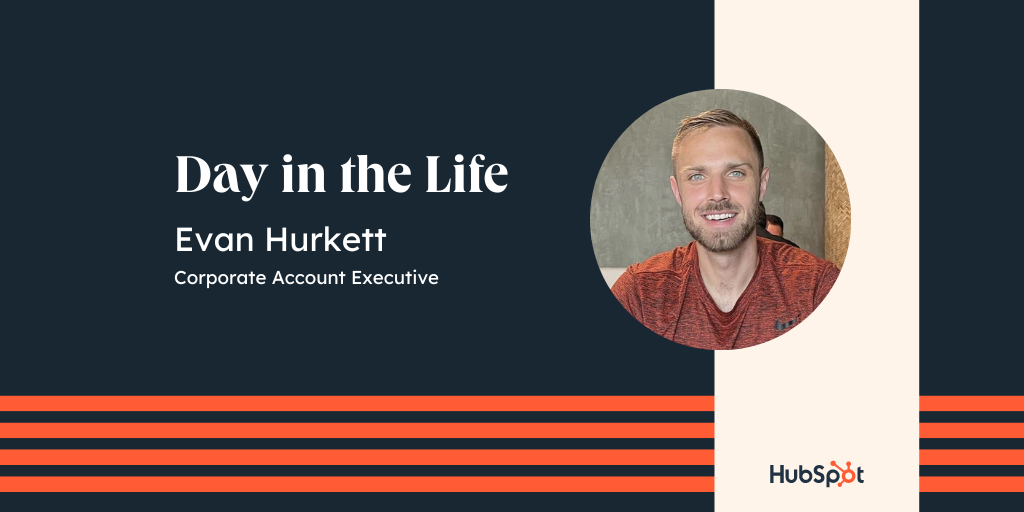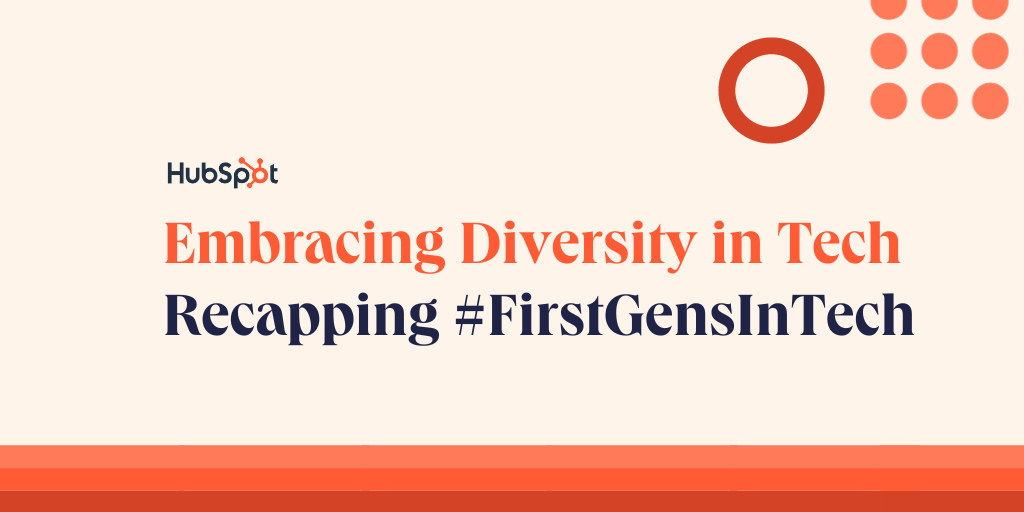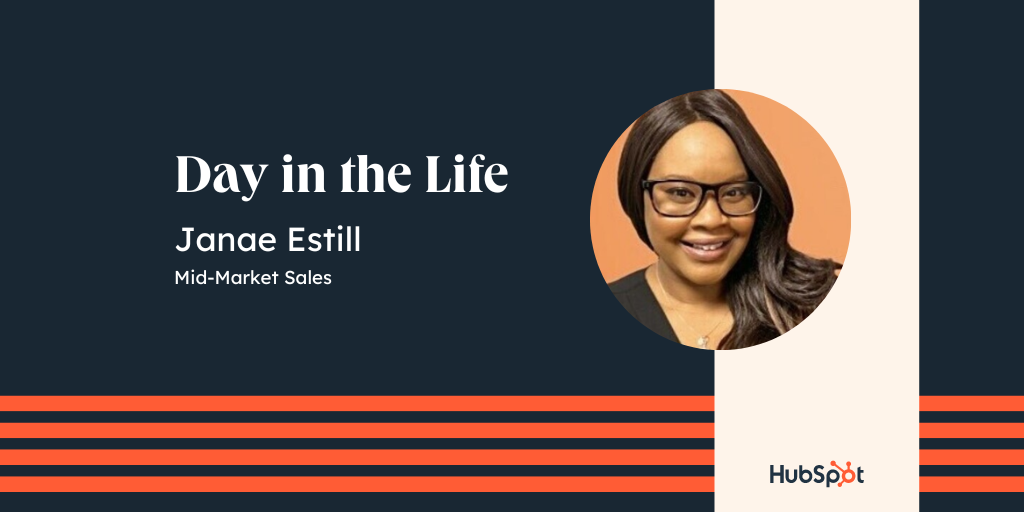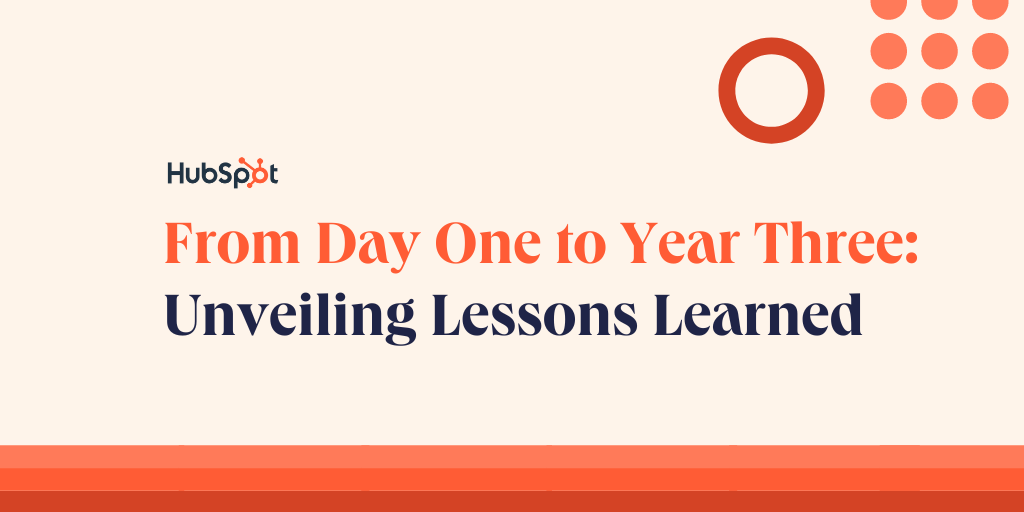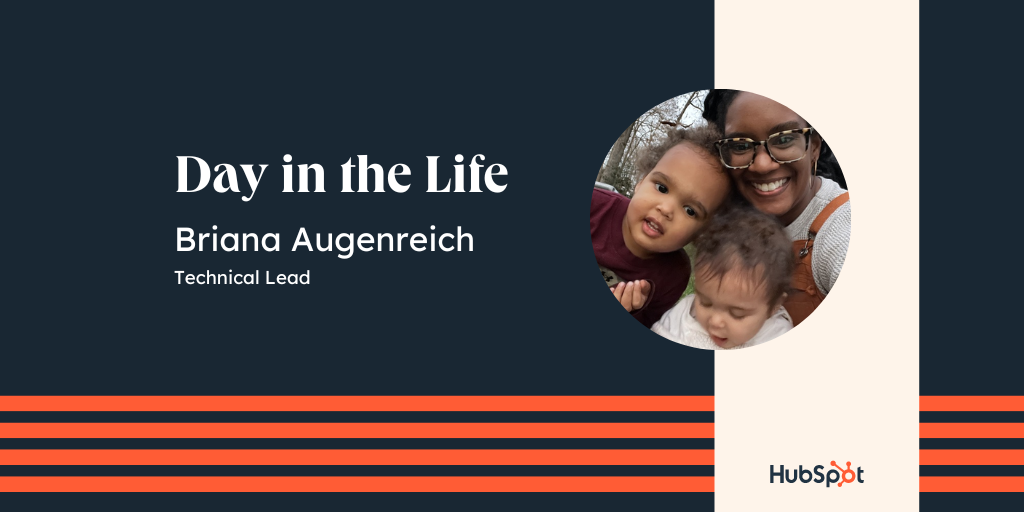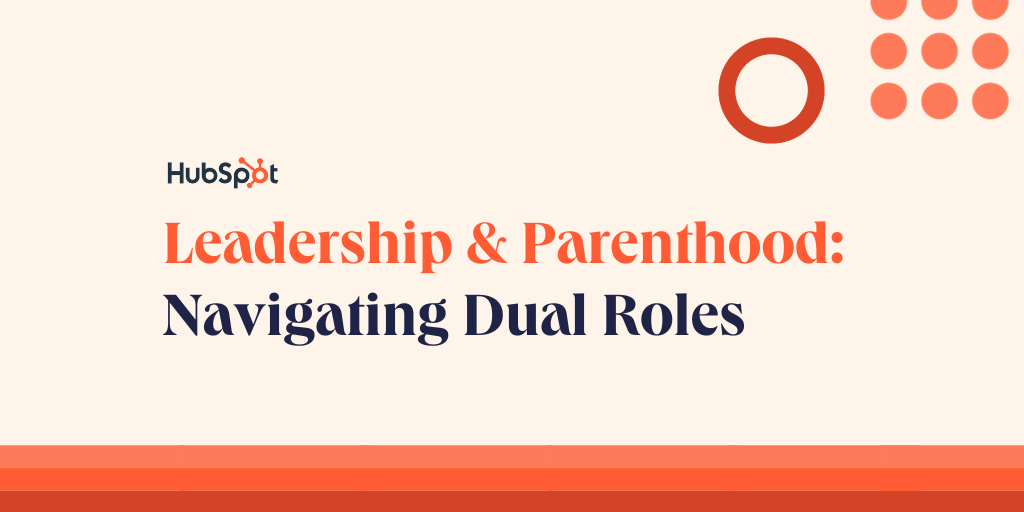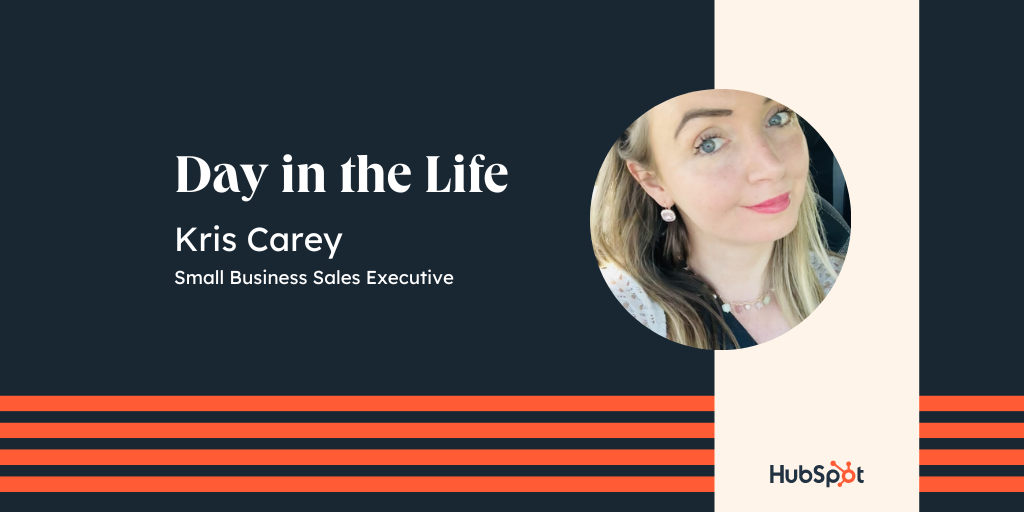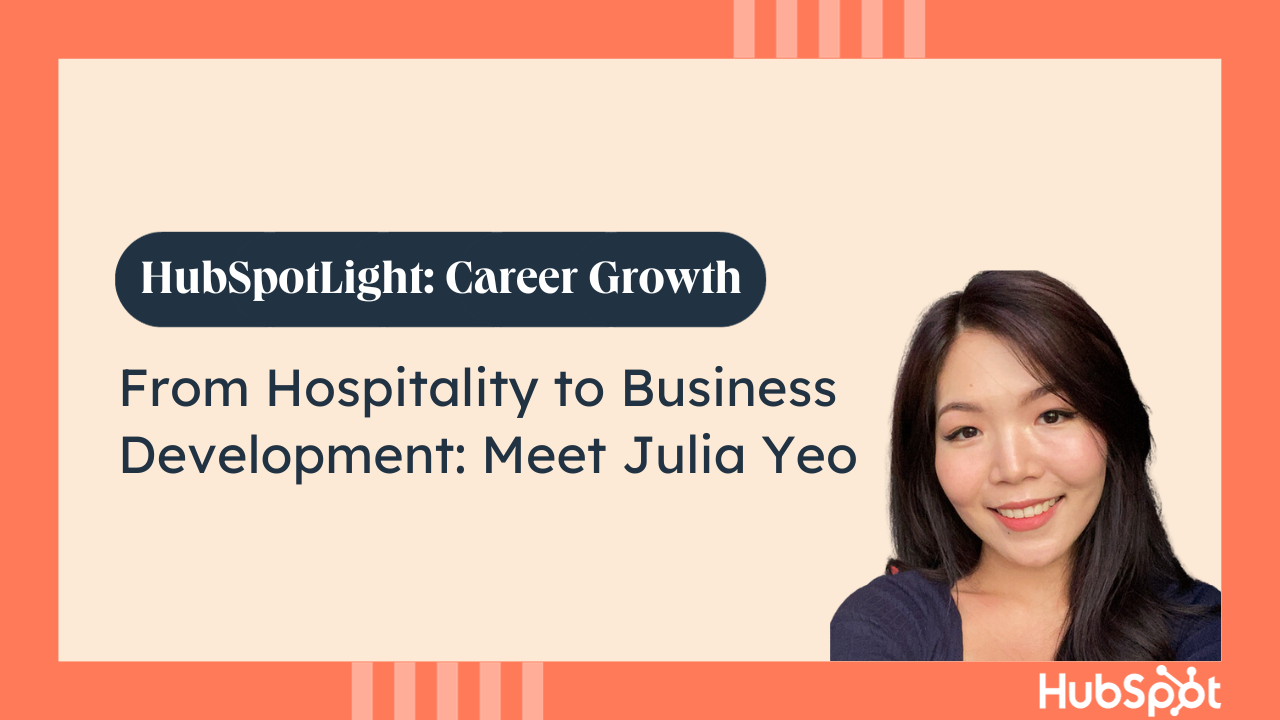In this post, we'll explore the Black experience in Germany, looking through the lens of past, present, and future stories of individuals who proudly identify as Black in Deutschland.
We introduce you to Elodie Raharijaona, Leslie Boadum, and Barry Lehmann from our HubSpot Berlin office, sharing their unique experiences, an integral part of the nation's evolving cultural mosaic.
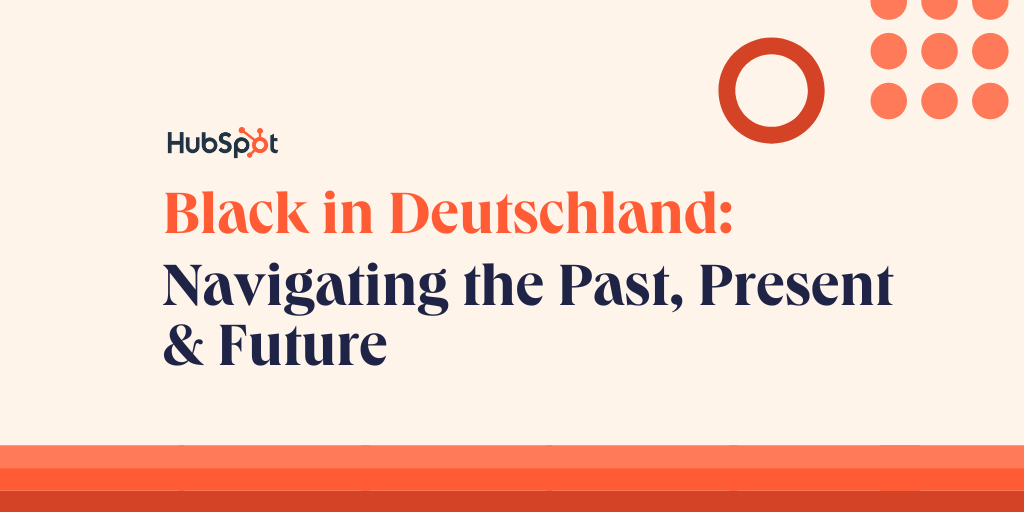
.png?width=2160&height=1080&name=Uniqueness%20JAPAC%20%20Australia%20(4).png)
Introduce yourself, your heritage and your journey to HubSpot.
Elodie Raharijaona (ER): Hi! My name is Elodie Raharijaona, born in Montpellier, South of France, and originally from Madagascar. As I grew up in both France and Madagascar, I had the opportunity to nourish both cultures in me which I found to be a tremendous asset. Thanks to my background, I have always loved to travel and I have been able to live in Canada, Ireland, and now Germany.
I joined HubSpot in September 2021 as a Customer Support Specialist and I have since been promoted to Associate Customer Success Manager. I am loving the ride so far!
Leslie Boadum (LB): Hi, my name is Leslie Boadum and I’m a born and bred Berliner who has grown up deeply connected to my African Roots. I’ve grown up with a mix of German, Ghanaian, and Liberian cultures and love to bring my culture wherever I go. I’ve been at HubSpot for almost 6 years (wow- time has flown by) and have worked my way up through the corporate ladder. Back in the day, I started as one of the first Channel Consultants building up the German Market. Through the years I’ve progressed my career and now manage a team of Customer Success Managers who work with customers based in the UK and Ireland.
Barry Lehmann (BL): Hey my name is Barry-Detlef Lehmann and I was born and raised in Verl which is near Bielefeld, Germany. I like dancing salsa and doing martial arts in my free time. I have grown up mostly with German culture with a little bit of Zambian in between. I have been working in HubSpot as a software engineer for only one year so my journey at HubSpot is still unfolding.
How has the perception of Black professionals evolved in Germany over the years and what impact has it had on career advancement and representation?
ER: As I am still relatively new in Germany, I do not have a broad view of the evolution of Black professionals in Germany. However, I noticed that while there's increasing awareness of diversity and inclusion, I do not encounter a lot of black professionals in Management positions which makes me think that career advancement for black professionals may be impacted by these challenges, affecting representation at higher levels. That being said, there are ongoing efforts to promote diversity, equity, and inclusion to address these issues and create a more inclusive professional landscape in Germany. I am glad to work at a company like HubSpot which has noticed the gap and is making the effort to bridge it.
LB: I believe that the career perspectives and the perception that people have of Black professionals in Germany has evolved a fair bit in the past decades. Formerly, Black citizens were associated more with jobs that were so-called blue-collar jobs, rather than careers in places such as tech. This perception has changed over the years, through a lot of hard work from Black employees to help change the perception, employees that occupy all types of great jobs. I can only shout out the amazing Black talent that has helped me grow my career in tech, be it through mentoring, mentioning my name in places I wasn’t present myself as well as cheering me on from the sidelines.
BL: I think the perception of Black professionals has evolved quite a bit over time in Germany. As Germany does not host a lot of black people (under 1 million), most people only interact with Black people through popular media. So Black people were mostly perceived as doing blue-collar jobs, sports, music, and acting. I think this perception slowly changed as more and more university-educated migrants came to this country, which helped a lot to show Black people in different positions than the media.
I think due to the lack of Black people outside of media, in Germany, a lot of them get discouraged to pursue a career out of these fields, due to them being told that this is not something that Black people do. But due to more and more people pursuing careers outside of popular media, this will slowly change over time, also seeing more and more Black people in everyday work surely helps to motivate the next generation.
What do you love about being Black in Deutschland?
ER: Firstly, I love being black in general, not just in Germany per se. However, in Germany, and especially in Berlin, I love being Black because it is such a diverse city where I perfectly blend in and feel like I belong. Embracing and celebrating cultural differences leads to a more inclusive and vibrant community and I am glad to contribute to it. I feel like my heritage gives me the ability to connect with so many different people, to tell my story, and makes me eager to listen to others. And that’s what makes our interaction richer at the end of the day.
LB: The perceived “swagger” is a double-edged sword - you can either love it or hate it. On the one hand, you often get handed an automatic coolness factor. On the other hand, this assumed swagger also comes with expectations of seemingly mundane, for example, that you can sing like Whitney Houston (which spoiler: I cannot).
I also love the connectedness you have with fellow Black citizens in Germany. Although we all come from different walks of life, different countries, and different continents it’s always great to find similarities and learn from one another.
BL: I think the good thing about being black in Germany is that you usually don't grow up inside a bubble. You usually connect better with other immigrants, which allows exposure to a lot of cultures. Therefore it makes you more open-minded to other people and their opinions.
When you think of an equitable future - what do you imagine?
ER: To me an equitable future involves inclusion and equal opportunities in education and employment to foster a society where diversity is celebrated and respected. We all have something to learn from and to share with others so I imagine a future where individuals are judged based on their abilities and character, rather than their racial or ethnic background.
LB: In an equitable future, we will no longer be glossing over differences and working on having a diverse culture but we will truly celebrate it. If we finally find a way to move DI&B from an abstract topic with numbers we must fulfill to a true incorporation and appreciation of different cultures, ways of thinking, walks of life, etc, we will finally get a step closer to having an equitable society.
BL: In an equitable future we will be able to respect and celebrate the differences between each other. Everyone will get the same opportunities with a fair and transparent process.
-
Come join us and help in building a global company where we're all proud to belong.
Click here to learn more about HubSpot Germany and here to check out DI&B@HubSpot.
